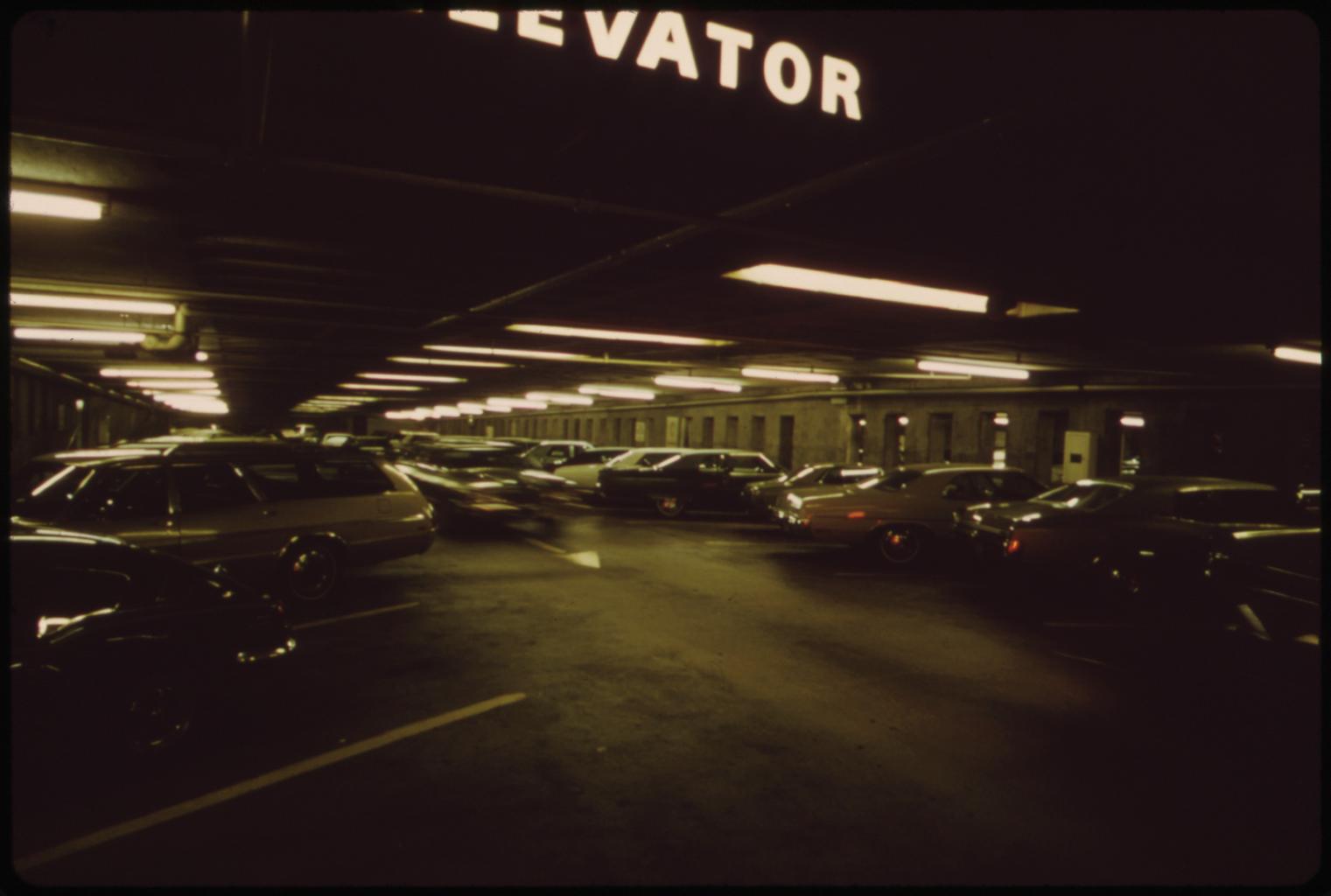A pet peeve of many (and not just in NYC) when your car is returned scratched or dented and a major headache if it was not returned but stolen. Of course, General Obligations Law 325 provides:
"1. No person who conducts or maintains for hire or other consideration a garage, parking lot or other similar place which has the capacity for the housing, storage, parking, repair or servicing of four or more motor vehicles, as defined by the vehicle and traffic law, may exempt himself from liability for damages for injury to person or property resulting from the negligence of such person, his agents or employees, in the operation of any such vehicle, or in its housing, storage, parking, repair or servicing, or in the conduct or maintenance of such garage, parking lot or other similar place, and, except as hereinafter provided, any agreement so exempting such person shall be void.
2. Damages for loss or injury to property may be limited by a provision in the storage agreement limiting the liability in case of loss or damage by theft, fire or explosion and setting forth a specific liability per vehicle, which shall in no event be less than twenty-five thousand dollars, beyond which the person owning or operating such garage or lot shall not be liable; provided, however, that such liability may on request of the person delivering such vehicle be increased, in which event increased rates may be charged based on such increased liability."
In the following case, the garage was exempt from liability because it did not agree to garage the plaintiff's car, rather plaintiff's agent left the car at the lot but the garage did not agree to take it. ONYISHI v. MADI, 2018 NY Slip Op 50907 - NY: City Court, Civil Court 2018:
"Generally, a bailment is a relationship created when one person comes into lawful possession of another's property and rather than appropriate the same, agrees to account for the same (Martin v Briggs, 235 AD2d 192, 197 [1st Dept 1997]). Because a bailment is often not the result of "conscious promises of the parties made in a bargaining process but from what the law regards as a fair approximation of their expectations" (Ellish v Airport Parking Co. of Am., Inc., 42 AD2d 174, 176 [2d Dept 1973], affd, 34 NY2d 882 [1974]), a bailment may be created in the absence of a contractual agreement when the bailee comes into lawful possession of the bailor's property and agrees to care for it (Martin at 197; see Foulke v New York Consol. R. Co., 228 NY 269, 275 [1920] ["It is the element of lawful possession, however created, and duty to account for the thing as the property of another that creates the bailment, regardless of whether such possession is based on contract in the ordinary sense or not."]). The lynchpins of a bailment are "dominion and control by the bailee" (Motors Ins. Corp. v Am. Garages, Inc., 98 Misc 2d 887, 889 [App Term 1979]). A bailment relationship is continual, terminable at will upon the removal of the property by the bailor or notice to do so by the bailee (In re Courant, 142 AD3d 614, 616 [2d Dept 2016], lv to appeal dismissed, 29 NY3d 929 [2017]; Dupont v Joedon & Co., 107 AD2d 369, 372 [1st Dept 1985]).
In cases involving vehicles and in parking garages/lots, a bailment is created only when the parking garage agrees — by taking the owner's car and keys — to safeguard the car until the owner returns (Chubb & Son, Inc. v Edelweiss, Inc., 258 AD2d 345, 345-46 [1st Dept 1999] ["The motion court correctly found that the parking transaction constituted a bailment as a matter of law, since defendant's dominion and control of the car was established by undisputed evidence that its employee took the key to the car and employed a mandatory procedure to ensure the key's return." (Internal quotation marks omitted)]; Motors Ins. Corp. at 889-90 ["In the absence of contractual provisions to the contrary, the facts in this case would spell out that type of control by the defendant that points ineluctably to a bailee arrangement. The customer may park his own car or, if his spot was taken, the attendant would park it. He was required to give the garage keeper a set of his keys; his car is moved if required."]). Such relationship, however, is not created in cases where the parking garage does not knowingly agree to safeguard an owner's vehicle, such as when a car is self-parked in a garage by the owner and no keys are given to or left with the garage (id. at 889; Ellish at 653-654 [Court held that no bailment was created when plaintiff self-parked her car at defendant's garage, took her keys, and where defendant did not have employees actively checking cars into the garage.]; Gadsden v Allright Parking Mgt. Inc., 02-012, 2002 WL 1482542, at *1 [App Term June 25, 2002] ["The trial evidence shows, and it is not seriously disputed, that plaintiff was authorized to use defendant's garage as an incident of his employment; that plaintiff was advised through a memorandum circulated by his employer that defendant assumed no responsibility for damage to cars; and that on the night in question plaintiff entered defendant's multi-level, 2100-space garage facility through use of a pre-issued access key and parked and locked his car without assistance and while retaining his keys. No bailment was created by the impersonal parking arrangement depicted in the record." (Internal quotation marks omitted)]).
Thus, in the absence of negligence and/or a bailment a parking garage is not liable for the theft of an automobile (Ellish at 178), nor for property damage sustained by the vehicle while parked thereat (Gadsen at 1)."








No comments:
Post a Comment
Note: Only a member of this blog may post a comment.